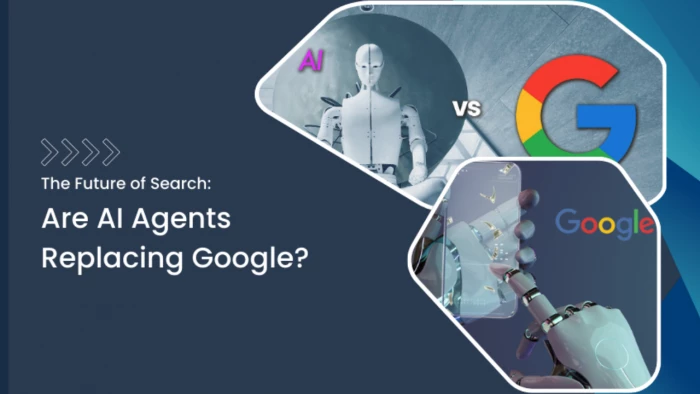

Search engines have been our gateway to the internet for more than two decades. For most people, “searching online” is synonymous with using Google. But with the rise of AI-driven tools like ChatGPT, Perplexity AI, and Microsoft’s AI-powered Bing, a new question has emerged: Are AI search engines the future, and could they eventually replace Google?
Traditional search engines are built around keywords. You type a query, and the algorithm retrieves pages ranked by relevance. While effective, it often requires multiple searches and sifting through links to find exactly what you need.
AI search engines flip this model. Instead of directing users to multiple sources, they provide direct, conversational answers—almost like chatting with a knowledgeable assistant. This shift is transforming how people think about search: from finding information to getting solutions instantly.
Several factors are fueling the growth of AI-powered search tools:
Google is unlikely to disappear overnight. With its massive infrastructure, advertising model, and decades of user trust, it still dominates search. However, AI search engines are changing user behavior, particularly among younger generations who prefer quick, conversational answers.
Google itself is adapting—introducing AI features like Search Generative Experience (SGE) to stay ahead. The competition suggests the future may not be about “replacing” Google but about redefining search altogether.
As AI transforms search, several emerging platforms are challenging Google’s dominance by offering smarter, more conversational, and personalized experiences:
These platforms show that the future of search is less about pages ranked by links and more about direct, actionable information. For users who want quicker answers, AI search engines provide a compelling alternative to traditional search.
AI search engines are not here to kill Google but to evolve how we find and consume information. The future will likely feature a world where Google, AI tools, and hybrid models coexist—each serving different needs.
In the end, the real shift is not about technology alone but about how people choose to search.
Be the first to post comment!